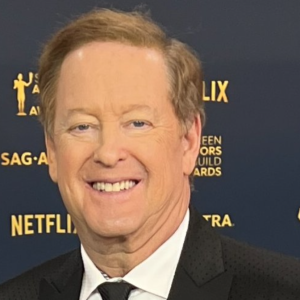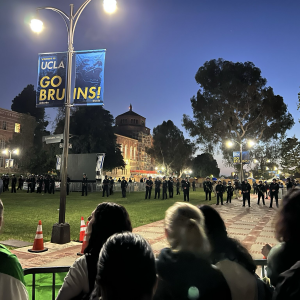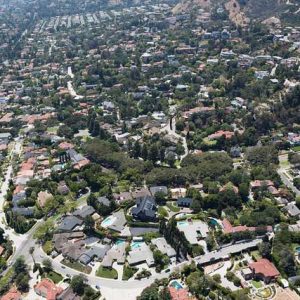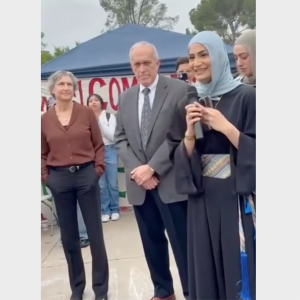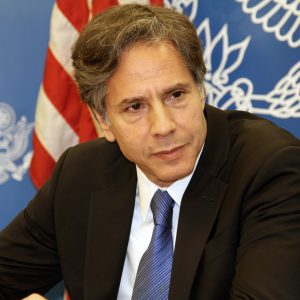 View Winners →
View Winners → 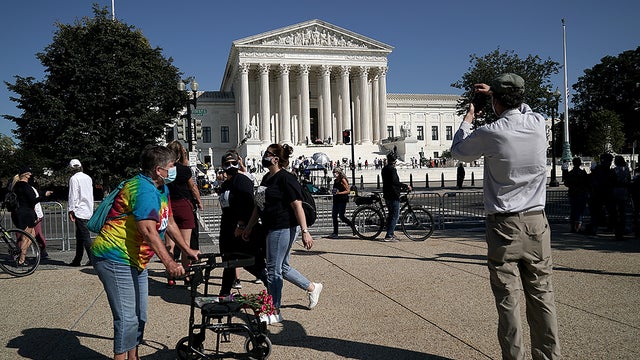
The Supreme Court’s eight justices will gather privately on Tuesday to decide what new cases to add to the court’s docket, which could offer some of the first clues about the high court’s direction following the death of Justice Ruth Bader Ginsburg . They are expected to discuss disputes over the constitutional right to bear arms, cases involving the scope of police immunity from lawsuits, a GOP bid to reinstate Arizona voting restrictions struck down as racially discriminatory, and many other issues. During their so-called long conference, which marks the unofficial start of the court’s new term, the justices will review hundreds of petitions carried over from last term or filed during the court’s summer recess. They will agree to hear only a handful of these disputes, which will be announced in coming days. Although Ginsburg’s absence leaves the court with just eight members, the threshold number of justices needed to grant an appeal remains unchanged at four. Yet even before the anticipated confirmation of President Trump ’s third Supreme Court nominee, Judge Amy Coney Barrett, creates a 6-3 conservative majority, the internal politics governing the court’s gatekeeping process have likely already changed. Tuesday’s meeting could not only provide […]




















































